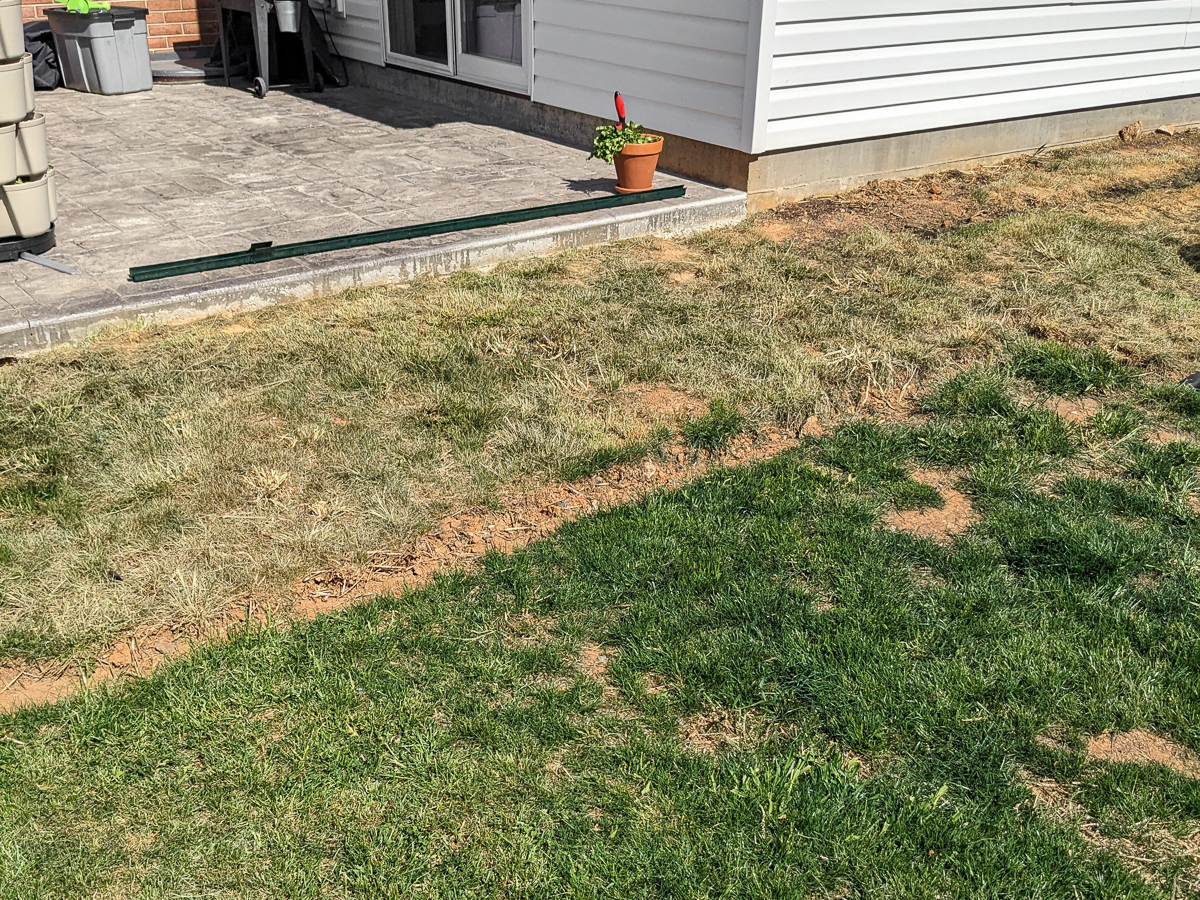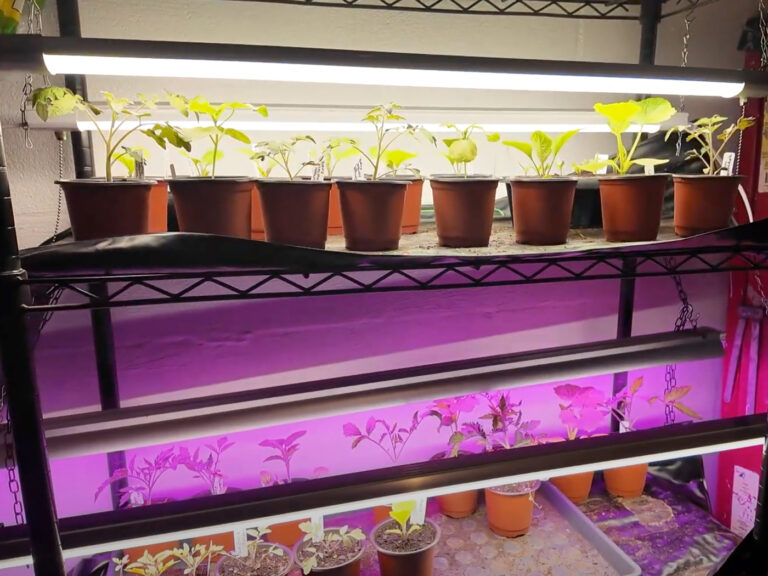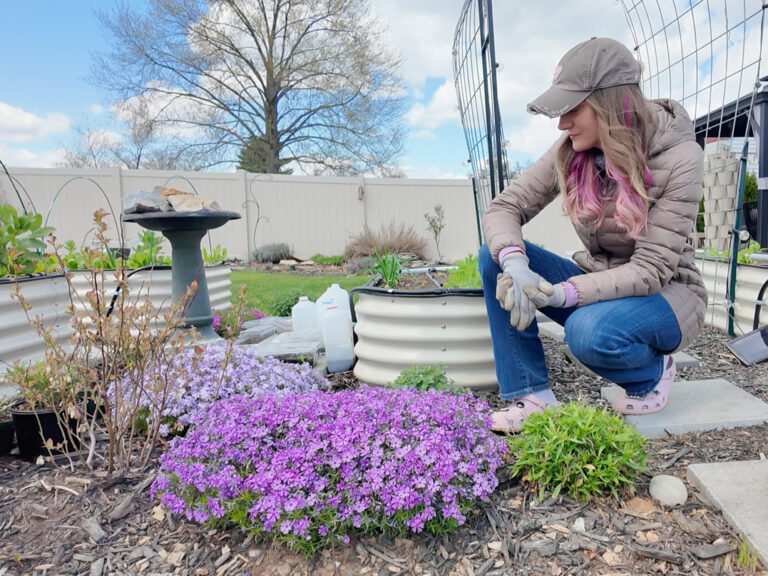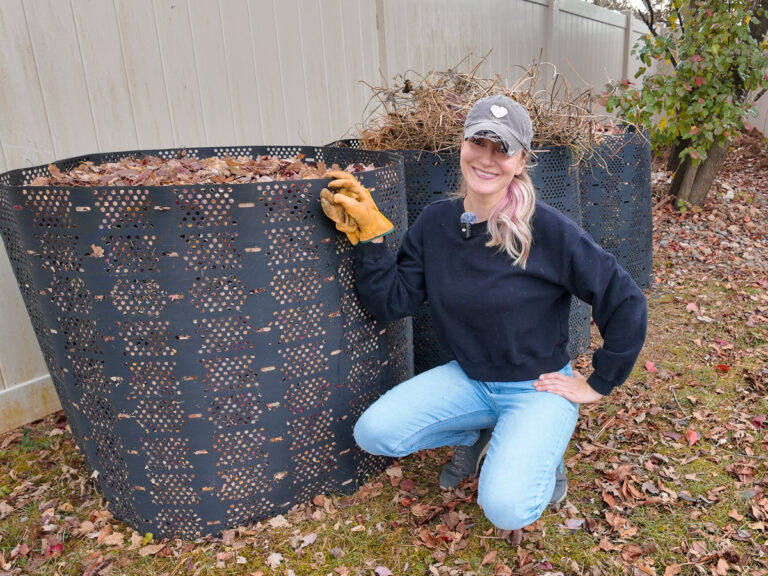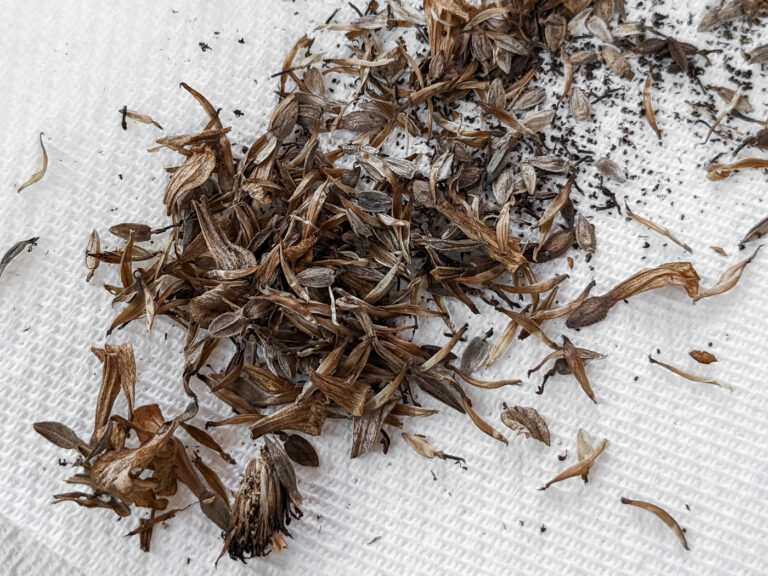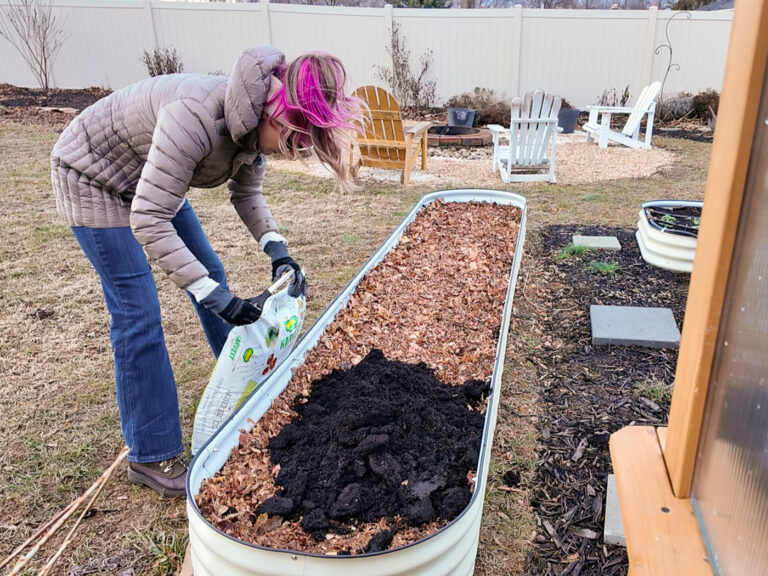Using Vinegar to Kill Weeds
We are deep into yard work season over here, but I wanted to share a quick post on one of the delicious-smelling things I’m using to kill off weeds and grass: vinegar! Yes, I love the smell of vinegar. Reminds me of potato chips and fries.
And what’s better than having your entire yard smell like potato chips? Because, heads up—that’s exactly what happens when you spray your weeds with vinegar. So let’s talk about why it works and how to use it around the yard.
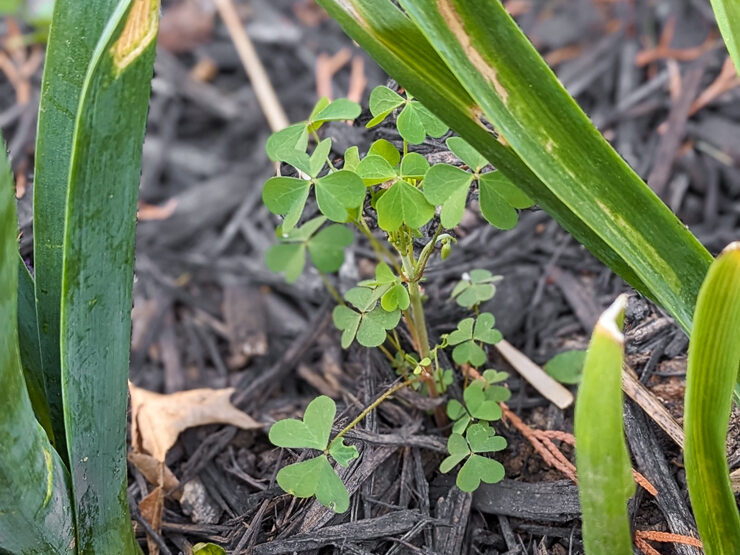
Vinegar vs. glyphosate
Vinegar is made by fermenting ethanol—a type of alcohol. During the fermentation process, bacteria convert the ethanol into acetic acid. Many people use vinegar for cleaning because the acid can be an effective way to dissolve and remove dirt, grime, and mineral buildup. It also has some antimicrobial properties.
But it kind of drives me nuts when people say that vinegar weed and grass killer is a good alternative to “chemical herbicides.” Because acetic acid is a chemical. And acetic acid is what makes vinegar, well, vinegar. It’s just acetic acid diluted in water.
When people say vinegar is a good alternative to chemical herbicides, they are often referring to Roundup and similar herbicides that use glyphosate as the active ingredient. People want alternatives to herbicides with glyphosate given the ongoing concerns about its potential health and environmental effects.
In 2015, the World Health Organization classified glyphosate as “probably carcinogenic to humans” based on limited evidence of cancer in humans and sufficient evidence of cancer in laboratory animals. However, other regulatory agencies, such as the EPA and the European Food Safety Authority, have concluded that glyphosate is unlikely to cause cancer in humans.
Environmental impact is also a huge concern of mine. Some studies have suggested that glyphosate may be toxic to bees, butterflies, and some aquatic life. I’m not a granola, all-natural person…but if vinegar works, I’m going to choose it over glyphosate every day!
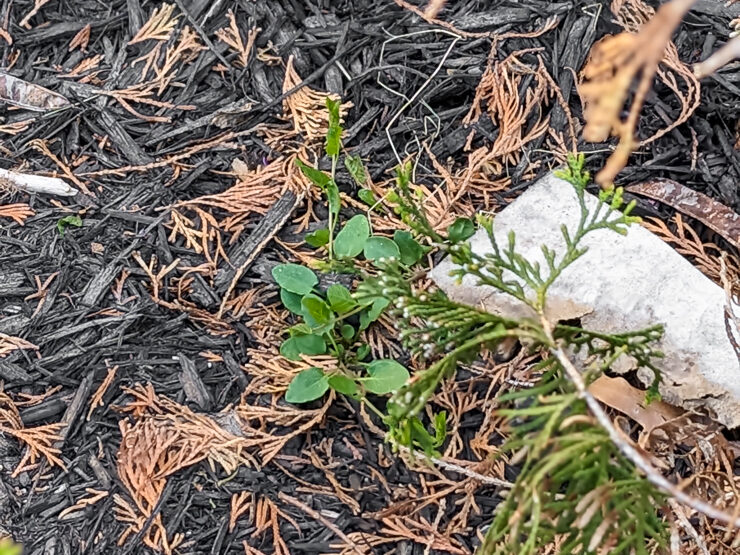
(Affiliate links below)
Recommended strength
Vinegar comes in different strengths, and you probably have some in your kitchen right now. You might be wondering if you can use this vinegar or if you need to use something stronger. There are many recipes online that have you mix regular vinegar with things like epsom salt and dish soap.
However, I haven’t had much luck with using household vinegar. I find that the easiest approach is to use an industrial strength vinegar—also known as horticultural vinegar. Industrial strength vinegar is simply a highly concentrated form of vinegar.
Unlike regular household vinegar, which typically contains 5-7% acetic acid, industrial strength vinegar usually contains anywhere from 20 to 45% acetic acid. The higher concentration of acetic acid makes it much more acidic and corrosive than regular vinegar, which can make it effective at killing weeds and other unwanted plants (source).
However—and this is super important—it is also more dangerous to handle and highly corrosive. When working with industrial or horticultural vinegar, wear protective apparel such as gloves, clothing, eyewear, and even a mask. Cover exposed skin that could get splashed or sprayed (legs, arms). Keep away from children and pets. Follow all of the instructions on the container.
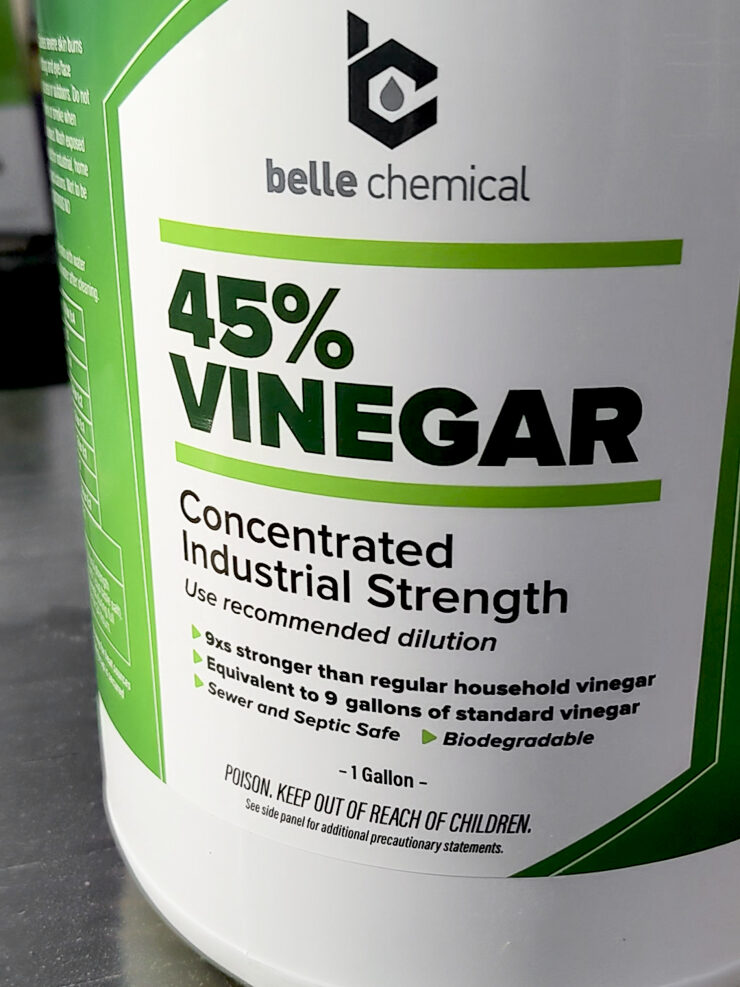
Spot-treating weeds
So let’s run through how to use vinegar to nuke unwanted vegetative growth. I use a highly targeted spray attachment to ensure I am minimizing my chances of getting vinegar on plants I don’t want to kill. It will kill plants it touches, so spray very carefully. (My husband accidentally killed a baby clematis last year.)
Suit up with all of your protective gear based on the acidity level you’re using and the instructions on the bottle. Then spray the foliage of the weeds you’d like to kill directly. Try to do it early on a sunny day…the sunlight really helps to fry those little buggers!
After a day or so, you’ll notice that the weeds are beginning to die off. After 2-3 days, they should be completely dead. I usually spot treat all of the nasty weeds in my garden and then wait a few days to yank them out. Or I’ll just let them naturally decompose.
Periodically throughout the summer I’ll spray particularly nasty weeds like sharp thistles and nasty bindweeds that are harder to control. It’s important to note that, while vinegar won’t kill bindweed down to the root, it will slow down its spread significantly. Bindweed is just a real nightmare to get rid of.
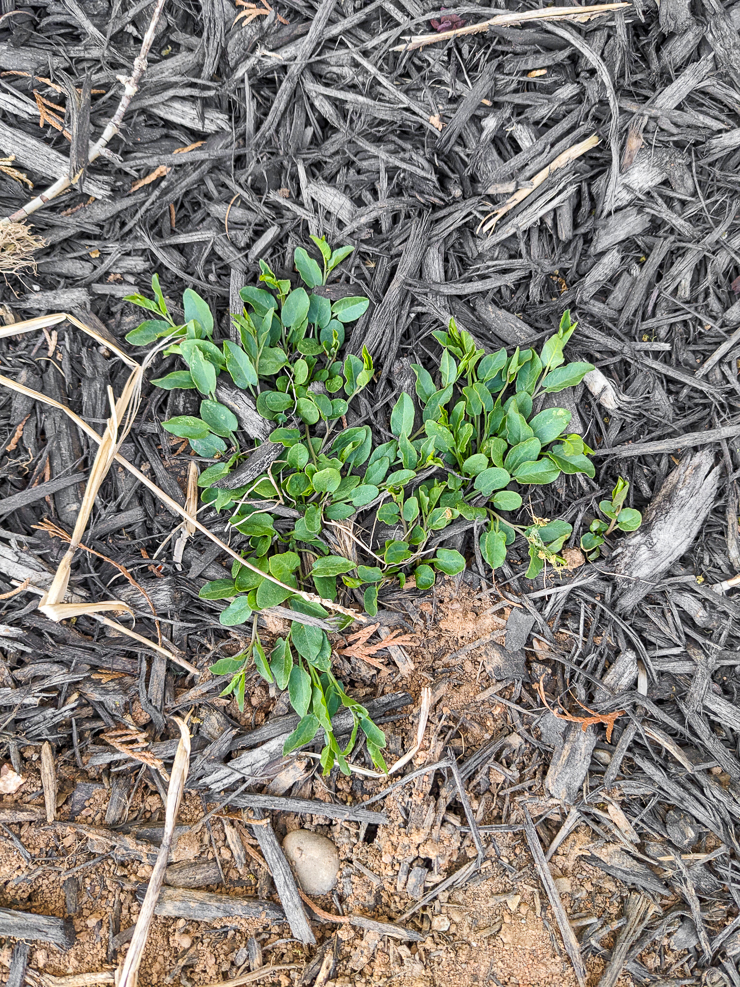
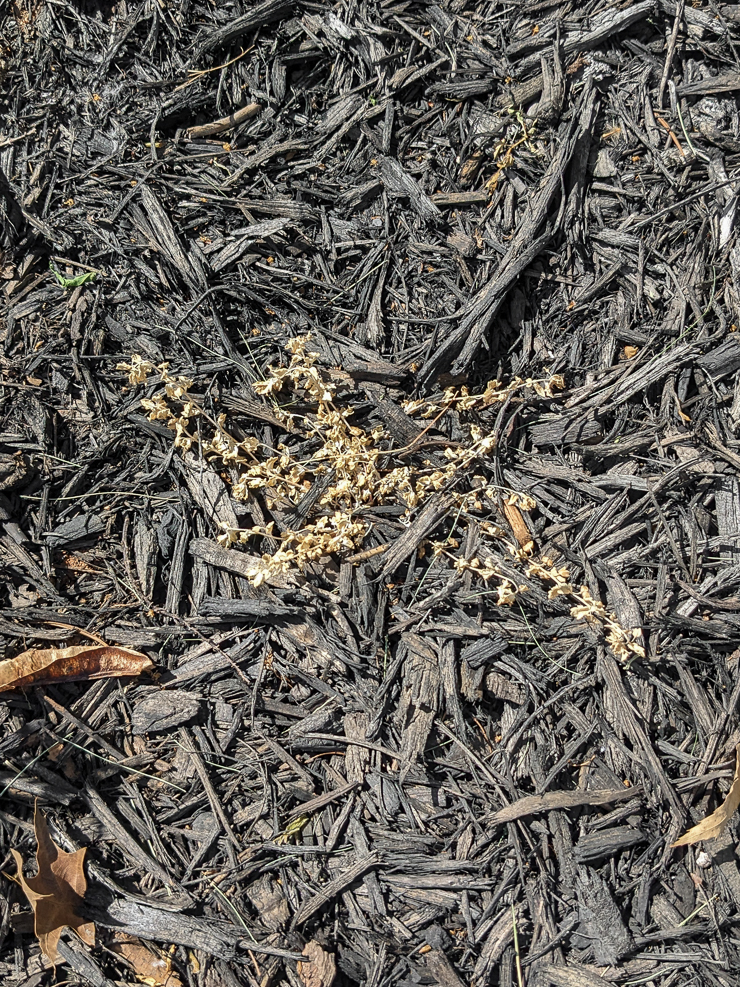
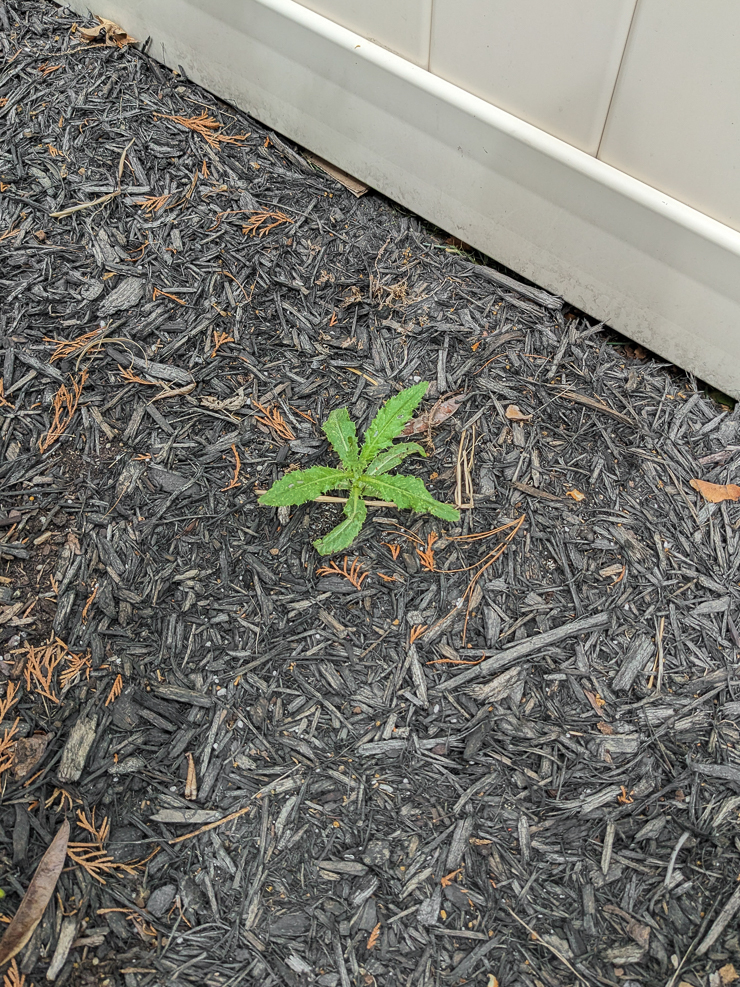
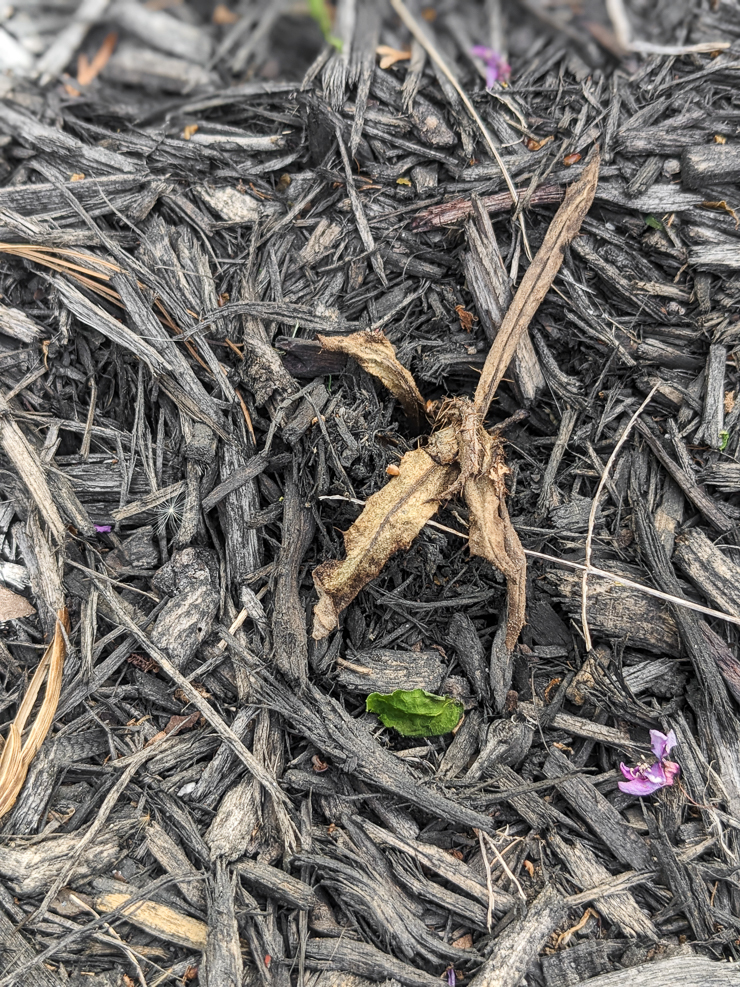
Killing grass
We are on a mission to get rid of as much grass as we can in our yard. And that involves a lot of sheet mulching! We usually don’t dig up or till areas where we want to plant or put in mulch beds unless we are in a hurry to plant. Instead, we sheet mulch a lot of it by layering cardboard over the grass and then mulching that.
This takes a bit more time than digging beds out, but it’s highly effective. And you don’t have to find a spot for all of the dirt you dig up. No one thinks about relocating dirt when they are digging! Sheet mulching itself can also be an effective method of weed control.
I like to couple sheet mulching with vinegar to jumpstart things. I use industrial strength vinegar for this. But since I am not doing sprays highly targeted to weeds, I like to dilute it a bit with water so it goes farther.
I just kind of eyeball this and add water to a bottle we’ve been using for a while. Then I spray down the area we want to sheet mulch over. It’s also best to do this right after you’ve cut the grass so you have less of a dead mess to cover up.
Again, a sunny day is best. After a few days, it will have gradually started to die off. Layer up that cardboard and mulch to give your grass the ultimate death wish. Works like a charm!
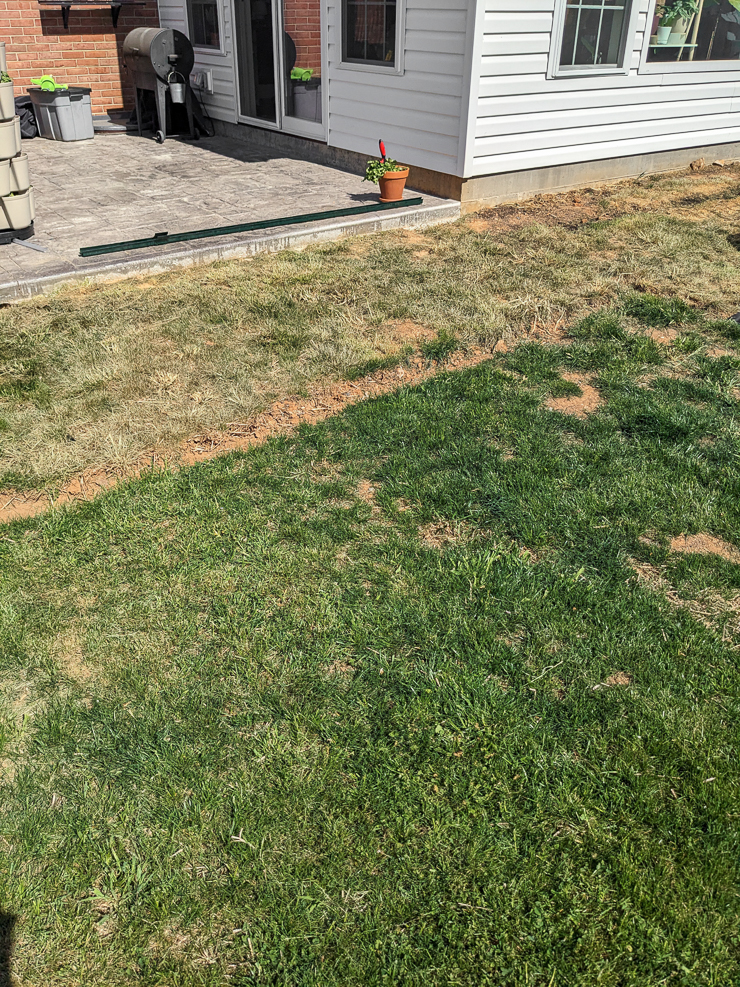
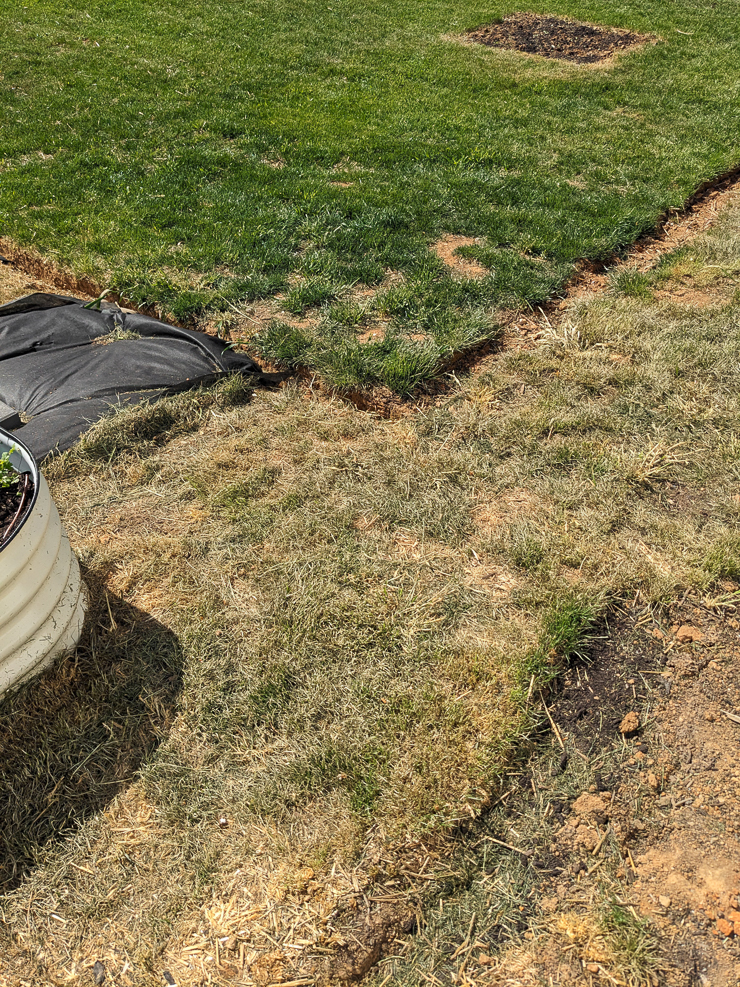
Raising soil acidity
One thing to keep in mind is that using vinegar as a weed killer, either repeatedly or in large amounts, can potentially raise the acidity of the soil. This can be great for acid-loving plants like blueberries, but it can have a negative impact on plants that prefer a less acidic soil.
To minimize the risk of soil acidity, you can dilute the vinegar with water before using it as a weed killer. And apply it only to the leaves of the targeted weeds. Don’t saturate the soil with it. And I do it only 2-3 times a year—a big spray of all weeds in the spring I don’t feel like pulling, and then highly targeted sprays to keep weeds under control over the summer.
Pet safety
I have had a few people ask if industrial-strength vinegar is safe to use around pets. I haven’t found anything from a reliable source that provides a time window for safety following spraying.
We don’t have dogs, so it isn’t really a concern of mine. We do have one indoor-outdoor cat, but I keep him inside during the 24 hours after spraying anything as a precaution. I’d recommend reaching out to your vet and asking them how long you should wait after spraying industrial-strength vinegar before letting animals outdoors. Always better to be safe!

